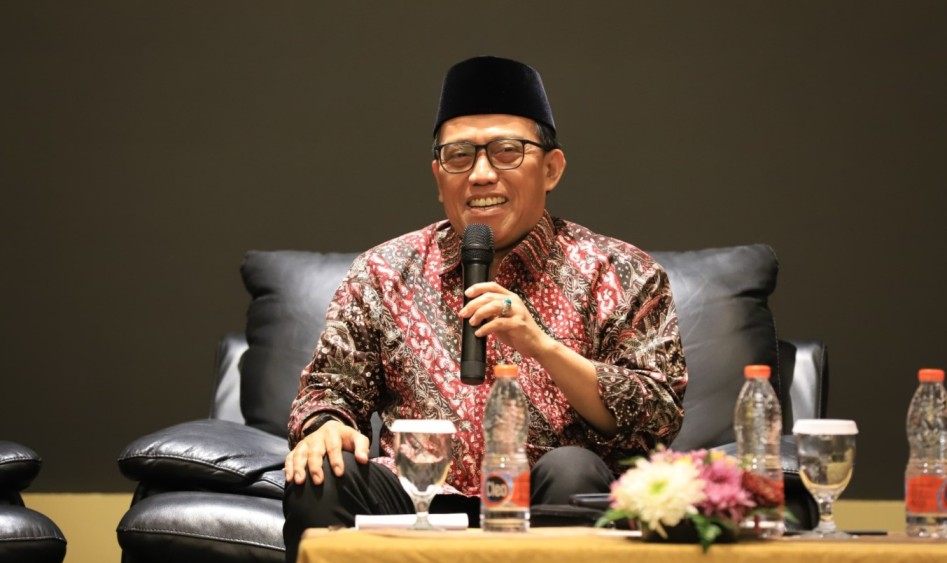WHO certifies 10 countries as malaria-free

Jakarta (Indonesia Window) – The latest World Health Organization (WHO) report states that 21 countries have eliminated malaria over the past two decades.
Of those, 10 countries were officially certified malaria free by WHO between 2000 and 2019, according to a written statement received by Indonesia Window here on Tuesday.
Those countries are the United Arab Emirates (2007), Morocco (2010), Turkmenistan (2010), Armenia (2011), Kyrgyzstan (2016), Sri Lanka (2016), Uzbekistan (2018), Paraguay (2018), Argentina ( 2019) and Algeria (2019).
In 2019, China reported zero domestic malaria cases for the third consecutive year.
Meanwhile, in 2020, El Salvador became the first country in Central America to apply for the WHO malaria-free certification.
In the six countries of the Greater Mekong subregion, namely Cambodia, China (Yunnan Province), Lao People’s Democratic Republic, Myanmar, Thailand and Viet Nam, the reported number of malaria cases fell by 90 percent from 2000 to 2019.
Meanwhile, P. falciparum (Pf) cases fell by 97 percentin the same time period.
The accelerated decrease in Pf malaria is notable in view of the threat posed by antimalarial drug resistance in the subregion.
A call for innovation for eliminating malaria in all countries, especially those with a high disease burden, will likely require tools that are not available today.
In September 2019, WHO’s Director-General issued a ‘malaria challenge’, calling on the global health community to ramp up investment in the research and development of new malaria-fighting tools and approaches.
The message was further reinforced in the April 2020 report of the WHO strategic advisory group on malaria eradication.
Reporting by Indonesia Window

.jpg)








